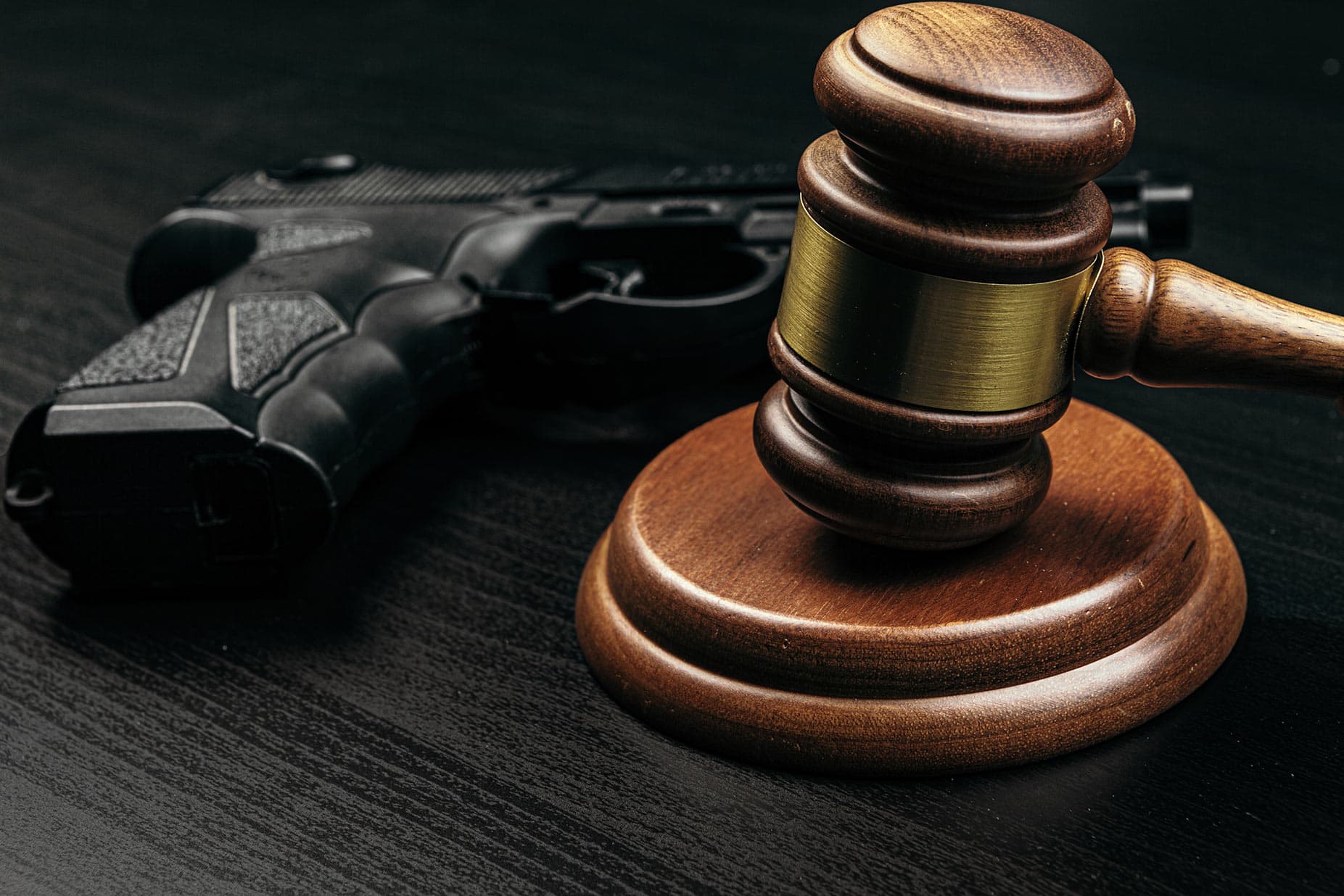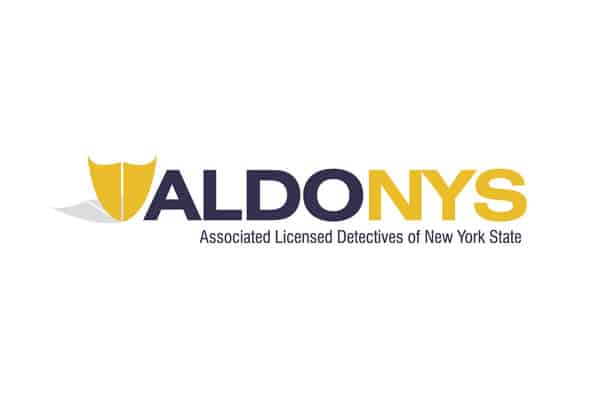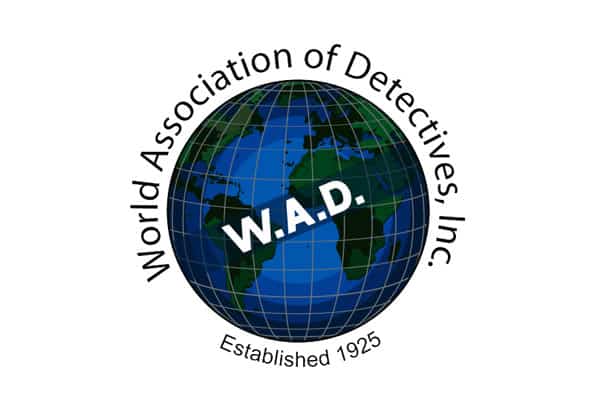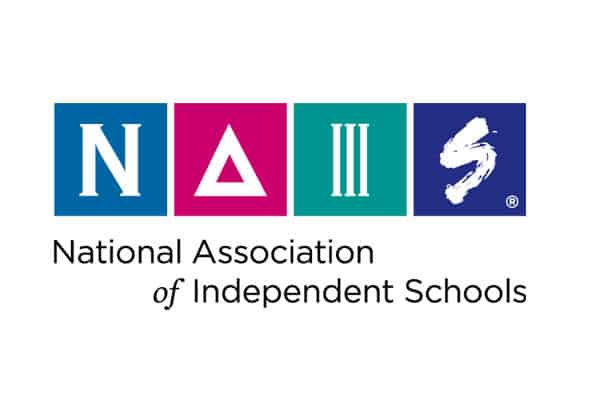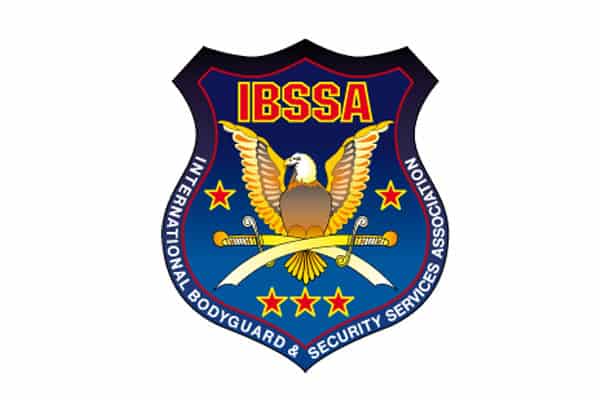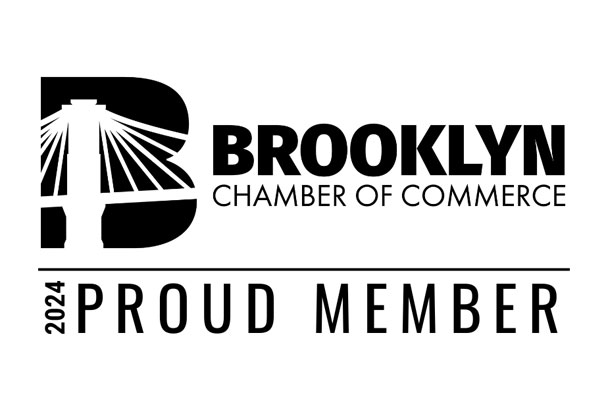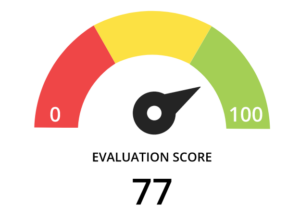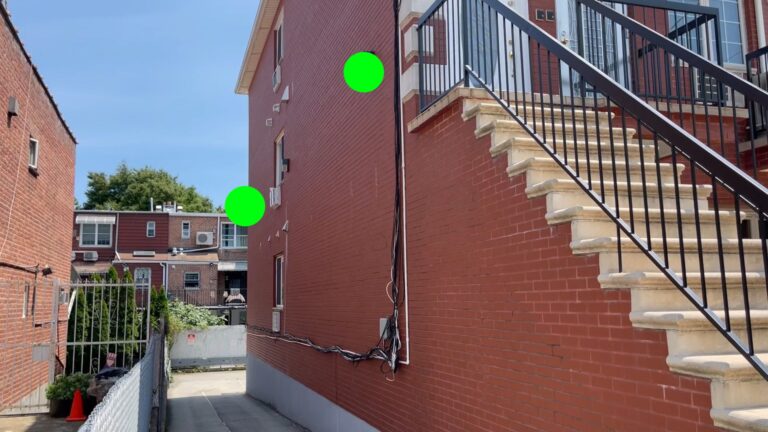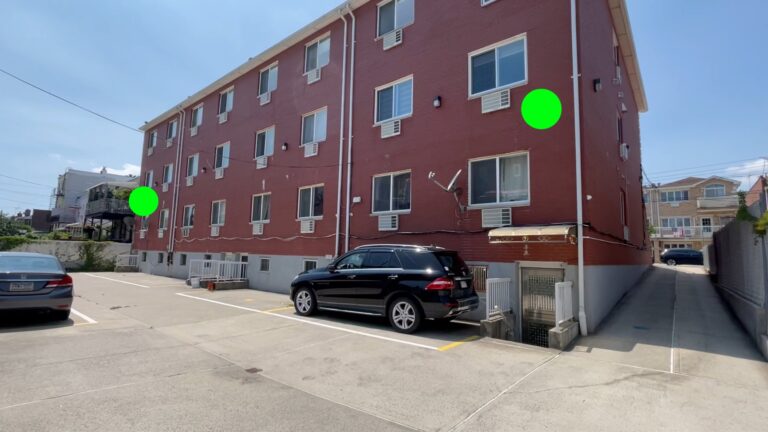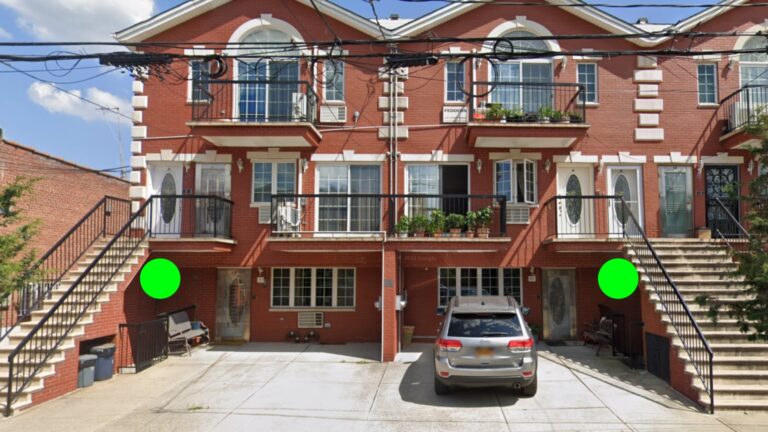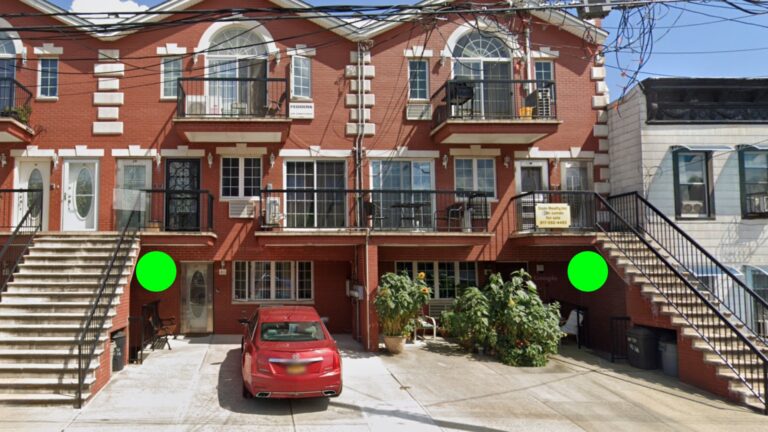The Foundation of Self-Defense in New York
New York’s self-defense laws are rooted in Article 35 of the New York State Penal Law. This legislation outlines the circumstances under which individuals can legally use force to protect themselves or others from harm. As a concealed carry permit holder, it’s essential to understand these key principles:
- Reasonable belief
- Necessity
- Proportionality of force
- Duty to retreat (with exceptions)
Let’s delve deeper into each of these elements to gain a thorough understanding of how self-defense laws operate in New York City.
Reasonable Belief and Necessity
The cornerstone of self-defense in New York is the concept of “reasonable belief.” For a self-defense claim to be valid, you must have genuinely believed that the use of force was necessary to protect yourself or others from imminent harm. This belief must be reasonable from the perspective of an average person in the same situation.
It’s important to note that your perception of the threat must be based on the circumstances at hand. The law recognizes that split-second decisions often need to be made in potentially dangerous situations. However, the use of force must still be deemed necessary to prevent harm.
Proportionality of Force
New York law requires that the force used in self-defense be proportional to the threat faced. This means you cannot escalate a situation by using excessive force beyond what is necessary to neutralize the threat. The law distinguishes between the use of physical force and deadly physical force:
- Physical force: Generally allowed when you reasonably believe it’s necessary to defend yourself or others from unlawful physical force.
- Deadly physical force: Only permitted when you reasonably believe you’re facing imminent death, serious physical injury, kidnapping, rape, or robbery.
Using disproportionate force can lead to criminal charges, even if the initial act of self-defense was justified.
The Duty to Retreat and Castle Doctrine
One of the most significant aspects of New York’s self-defense laws is the “duty to retreat.” Unlike states with “Stand Your Ground” laws, New York requires individuals to retreat from a threatening situation if they can do so safely. This principle applies to most public places and aims to prevent unnecessary escalation of conflicts.
However, there are important exceptions to the duty to retreat, particularly for concealed carry permit holders:
The Castle Doctrine
New York recognizes the “Castle Doctrine,” which eliminates the duty to retreat when you’re in your own home. Under this principle, you have the right to use reasonable force, including deadly force if necessary, to defend yourself and others within your home from an intruder.
The Castle Doctrine acknowledges the sanctity of one’s home and the right to feel safe within it. It’s important to note that this exception only applies to your dwelling and not to other properties you may own or occupy.
Public Places and Concealed Carry
As a concealed carry permit holder in NYC, you face unique challenges when it comes to self-defense in public spaces:
- Sensitive Locations: Be aware that many areas in NYC are designated as “sensitive locations” where carrying a firearm is prohibited, even with a permit. This includes subways, Times Square, and most public buildings.
- Duty to Retreat: Unlike some states, New York requires you to retreat if you can do so safely before using deadly force in a public place.
- Multiple Attackers: In situations involving multiple attackers, the law recognizes that the threat level may be higher, potentially justifying the use of deadly force if retreat is not possible.
Legal Use of Deadly Force
Under the New York Penal Law Article 35, you may use deadly force when you reasonably believe the attacker is using or about to use deadly force. However, this right is limited by the duty to retreat in most situations outside your own home.
You may also use deadly force against a person who is in the process of committing a kidnapping, forcible rape, robbery, arson, or burglary of a residence or occupied building. These crimes are considered heinous enough that you are allowed to use deadly force to save the victim(s) from serious injury or death.
Concealed Carry Permit Requirements in NYC
Obtaining a concealed carry permit in NYC involves several steps and requirements:
- Proof of completion of a firearms safety training course
- Four character references
- Disclosure of applicant’s spouse or domestic partner, any other adults residing in the applicant’s home, including any adult children of the applicant
- An in-person interview with the licensing officer or designee
It’s important to note that while you’re no longer required to show a specific need for self-defense to obtain a permit, these requirements must still be met.
Legal Consequences of Self-Defense Actions
Even with a valid concealed carry permit, using your firearm in self-defense can have serious legal repercussions:
- You may face initial arrest and charges, even if you believe you acted in self-defense.
- The burden of proof in self-defense cases falls on the prosecution, but you’ll need to provide evidence supporting your claim.
- Legal fees and potential civil lawsuits can be significant, even if you’re ultimately cleared of criminal charges.
Training and Preparation
As a responsible concealed carry permit holder in NYC, you should:
- Complete comprehensive firearms training beyond the minimum required for your permit.
- Regularly practice de-escalation techniques and conflict avoidance.
- Stay informed about changes in NYC gun laws and self-defense regulations.
Common Misconceptions About Self-Defense in New York
There are several misconceptions about self-defense laws in New York that can lead to legal trouble. Here are some important points to keep in mind:
- No “Stand Your Ground” law: Unlike some other states, New York does not have a “Stand Your Ground” law. The duty to retreat still applies in most public places.
- Proportional response: Using excessive force, even in self-defense, can result in criminal charges.
- Subjective vs. objective reasonableness: Your belief in the necessity of force must be both subjectively genuine and objectively reasonable.
- Self-defense is not automatic: Claiming self-defense does not guarantee immunity from prosecution. Each case is evaluated based on its specific circumstances.
Reciprocity and Out-of-State Permits
It’s crucial to understand that New York does not honor concealed carry permits from any other states. If you’re visiting NYC from another state, you cannot legally carry a concealed firearm, even if you have a valid permit from your home state.
Staying Informed and Prepared
Understanding New York’s self-defense laws is an essential part of being a responsible concealed carry permit holder in NYC. By familiarizing yourself with these laws, you can make informed decisions in potentially dangerous situations while minimizing the risk of legal consequences.
Remember that self-defense laws can be nuanced and subject to interpretation. It’s always best to prioritize personal safety and de-escalation when possible. If you find yourself in a situation where self-defense becomes necessary, be prepared to articulate your reasonable belief in the necessity of your actions.
Your Next Steps
Self-defense laws in New York are designed to protect individuals while maintaining public safety. By understanding the key principles of reasonable belief, necessity, proportionality, and the duty to retreat, you can better navigate potential conflicts and protect yourself within the bounds of the law.
As a concealed carry permit holder in NYC, you have both rights and responsibilities. Staying informed about the latest laws and regulations is crucial for your safety and legal protection.
If you have questions about New York’s self-defense laws, concealed carry regulations, or need legal assistance related to a self-defense situation, don’t hesitate to reach out to our experienced team. We’re here to provide expert guidance and support tailored to your specific circumstances.
Contact us today for a consultation and take the first step towards understanding and protecting your rights as a concealed carry permit holder in New York City.
